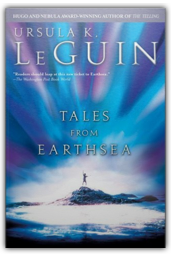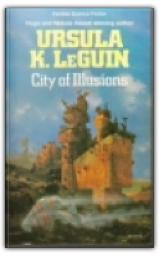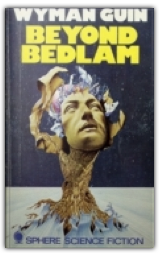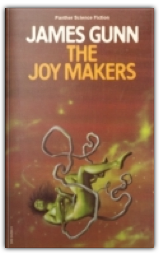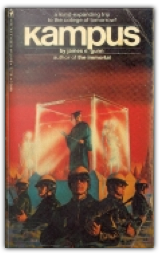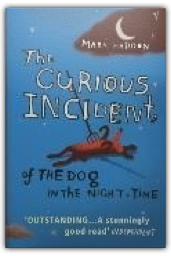 The Curious Incident of the Dog in the Night-Time
Mark Haddon
The Curious Incident of the Dog in the Night-Time
Mark Haddon
The title The Curious Incident of the Dog in the Night-time (or the curious incident of the dog in the night-time as it appears within the book) is an appropriate one for Mark Haddon's ingenious novel both because of its reference to that most obsessive and fact-obsessed of detectives, Sherlock Holmes, and because its lower-case letters indicate something important about its narrator.
Christopher is an intelligent youth who lives in the functional hinterland of autism—every day is an investigation for him because of all the aspects of human life that he does not quite get. When the dog next door is killed with a garden fork, Christopher becomes quietly persistent in his desire to find out what has happened and tugs away at the world around him until a lot of secrets unravel messily.
Haddon makes an intelligent stab at how it feels to, for example, not know how to read the faces of the people around you, to be perpetually spooked by certain colours and certain levels of noise, to hate being touched to the point of violent reaction. Life is difficult for the difficult and prickly Christopher in ways that he only partly understands; this avoids most of the obvious pitfalls of novels about disability because it demands that we respect—perhaps admire—him rather than pity him. —Roz Kaveney
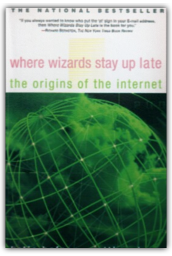 Where Wizards Stay Up Late
Katie Hafner, Matthew Lyon
Where Wizards Stay Up Late
Katie Hafner, Matthew Lyon
Considering that the history of the Internet is perhaps better documented internally than any other technological construct, it is remarkable how shadowy its origins have been to most people, including die-hard Net-denizens!
At last, Hafner and Lyon have written a well-researched story of the origins of the Internet substantiated by extensive interviews with its creators who delve into many interesting details such as the controversy surrounding the adoption of our now beloved "@" sign as the separator of usernames and machine addresses. Essential reading for anyone interested in the past—and the future—of the Net specifically, and telecommunications generally.
With the incredible growth of the Internet in the 1990s and revolutions occurring almost daily, it is easy to overlook the origins of this cultural phenomenon. Katie Hafner and Matthew Lyon have captured the history of the Internet in this solid account. They explain the system's genesis as a device to link computer resources around the country—not to prepare communications for nuclear war strikes as is often thought—and how, as with many of us, e-mail was the application of choice for many users. It also tells of the story of the buttoned-up engineers who invented the Internet- -in contrast to the late-night hackers who pushed its evolution. In all, an interesting history about a medium that has fostered an aversion to the past.
|
 The Curious Incident of the Dog in the Night-Time
Mark Haddon
The Curious Incident of the Dog in the Night-Time
Mark Haddon
 Where Wizards Stay Up Late
Katie Hafner, Matthew Lyon
Where Wizards Stay Up Late
Katie Hafner, Matthew Lyon
 Made with Delicious Library
Made with Delicious Library



